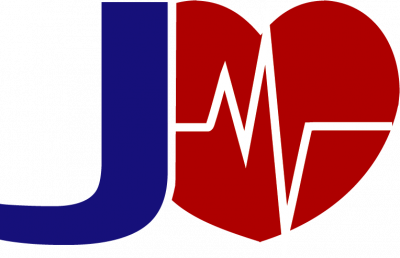Prostatitis
Last updated: 6 Aug 2024 | 15153 Views |


![]()
Prostatitis
The prostate gland is a male reproductive organ located directly in front of the colon just below the urinary bladder. The prostate surrounds the urethra. With prostatitis swelling, pain and difficulty urinating, more than 50% of men experience prostatitis at some point in their lives. Acute inflammation may be less common than chronic inflammation, which is more common in middle-aged men.
cause
Bacteria cause both acute and chronic inflammation that leads to reversible urethritis. Prostatitis is also a consequence of sexual intercourse at risk of chlamydia and mycoplasma, or chemical If there are muscle spasms, it can cause pain in the pelvic area.
symptom
Fever, chills, burning sensation when urinating, urinating more than usual, pain in the lower back or the penis area, slows down, sometimes sudden onset of severe symptoms, and chronic prostatitis from battery rarely has symptoms but may have blood. Can be mixed with urine, urinary incontinence, or a bladder infection
diagnosis
The doctor will perform a rectal exam by inserting a finger through the anus to check the size and appearance of the prostate. Today, prostate tenderness, why prostatitis can occur, if larger, often found. In chronic prostatitis, a doctor takes urine and fluid samples from the prostate and draws blood to check for signs of infection.
treatment
Antibiotics are used to treat prostatitis at 14 days and 4 weeks in very severe chronic individuals. For more severe symptoms a week, parenteral antibiotics are required for prostatitis that is not caused by a bacterial infection, possibly an anti-inflammatory drug such as ibuprofen or a general pain reliever.
Things to do
![]() You should stop taking the antibiotic if you just recommend stopping it.
You should stop taking the antibiotic if you just recommend stopping it.
![]() Tell your doctor about your regular medications.
Tell your doctor about your regular medications.![]() Tell your doctor if you feel a burning sensation when urinating or have blood in your urine.
Tell your doctor if you feel a burning sensation when urinating or have blood in your urine.![]() Obesity. Tell your doctor if you have fever, chills, sweating.
Obesity. Tell your doctor if you have fever, chills, sweating.![]() You should notify your doctor if you have frequent urination at night.
You should notify your doctor if you have frequent urination at night.
don't do
![]() Do not ride a bicycle or engage in activities that impact the prostate.
Do not ride a bicycle or engage in activities that impact the prostate.![]() Avoid eating food or drinking alcohol that can worsen symptoms.
Avoid eating food or drinking alcohol that can worsen symptoms.












